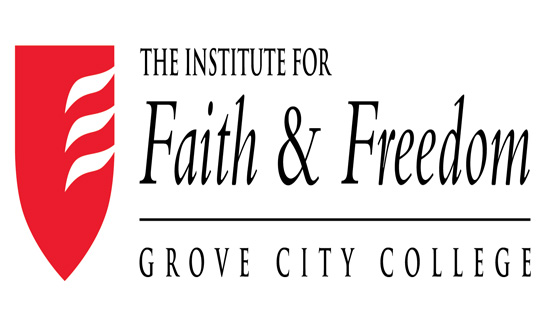Mandate or No Mandate?
Politicians love mandates and often lay claim to them. But the key to actually wielding a political mandate is that other politicians must both acknowledge it and acquiesce to it.
The conundrum in the state’s continuing budget stalemate is that all parties involved – Gov. Tom Wolf along with GOP House Speaker Mike Turzai and GOP Senate President Pro Tempore Joe Scarnati — can legitimately lay claim to a mandate. Thus there’s lots of wielding but little acquiescing.
In 2009 as President Barack Obama was first coming into office, he could easily assert that he and his fellow Democrats had a clear mandate.
After all, he had handily beaten U.S. Sen. John McCain, R-Ariz., in the race for president. And in the House his fellow Democrat, Speaker Nancy Pelosi, was still in control.
And later in the year, after the late Sen. Arlen Specter, of Pennsylvania, switched parties and Democrat Al Franken had finally been certified as the winner in Minnesota, Democrats had the coveted 60 votes needed to run that chamber without any Republican input or interference.
When all the parties involved in a political standoff lay claim to a mandate, no one has one.
Obama used that mandate to pass his signature domestic political achievement, Obamacare.
In Pennsylvania, Wolf can certainly claim a mandate. He swept through the 2014 Democratic primary where he won each of the state’s 67 counties. And he handily defeated Republican Tom Corbett last fall by more than 340,000 votes — the first time in modern history a governor here had been denied re-election.
Likewise, Turzai, R-Allegheny, can also rightly claim a mandate. The House GOP Caucus did not lose any incumbents in 2014 and increased their majority to 120 seats, the largest it’s been since the Eisenhower Administration – before Turzai was even born.
The Senate GOP Caucus also did not lose any incumbents and increased its majority to a 30-20 advantage from the 27 seats it held previously.
The GOP majorities in both chambers include members whose districts voted for Wolf or have more registered Democrats than Republicans.
Democrats in the Legislature tend to represent either urban areas or suburban regions where the party has generally advanced its prospects.
For example, while 27 of the 120 House GOP members represent districts with more Democrats than Republicans, just one of the 83 House Democrats represents a district with more Republicans.
While legislative Democrats are far outnumbered by Republicans in the House and Senate, and have a narrower geographical presence across the state, their districts are more likely to be solidly pro-Wolf.
The governor won counties and legislative districts that also elected or re-elected Republicans.
In the 26th State Senate district in Delaware and Chester counties for example, the governor took 57 percent of the vote but the GOP’s Tom McGarrigle won election to that open seat with 52 percent of the vote.
In Chester County’s new 74th District – drawn specifically to favor Democrats along the Downingtown-Coatesville corridor – Wolf captured nearly 65 percent of the vote even as Republican Harry Lewis, Jr. was winning with 54 percent of the vote.
So as Wolf and his Republican legislative adversaries sit around the negotiating table trying to end the state’s budget impasse, remember that all parties involved believe they have a mandate..
And all three are correct.
But when all the parties in a political standoff lay claim to a mandate – as we have now — what that actually translates to is that no one has one.
A veteran Republican political consultant, Christopher Nicholas serves as Political Director of the Pennsylvania Business Council, home to PEG PAC, the state’s oldest pro-business political action committee.





